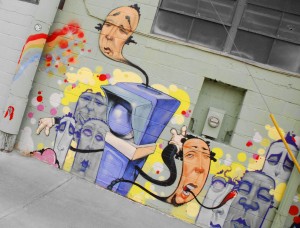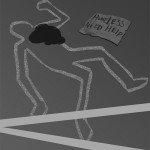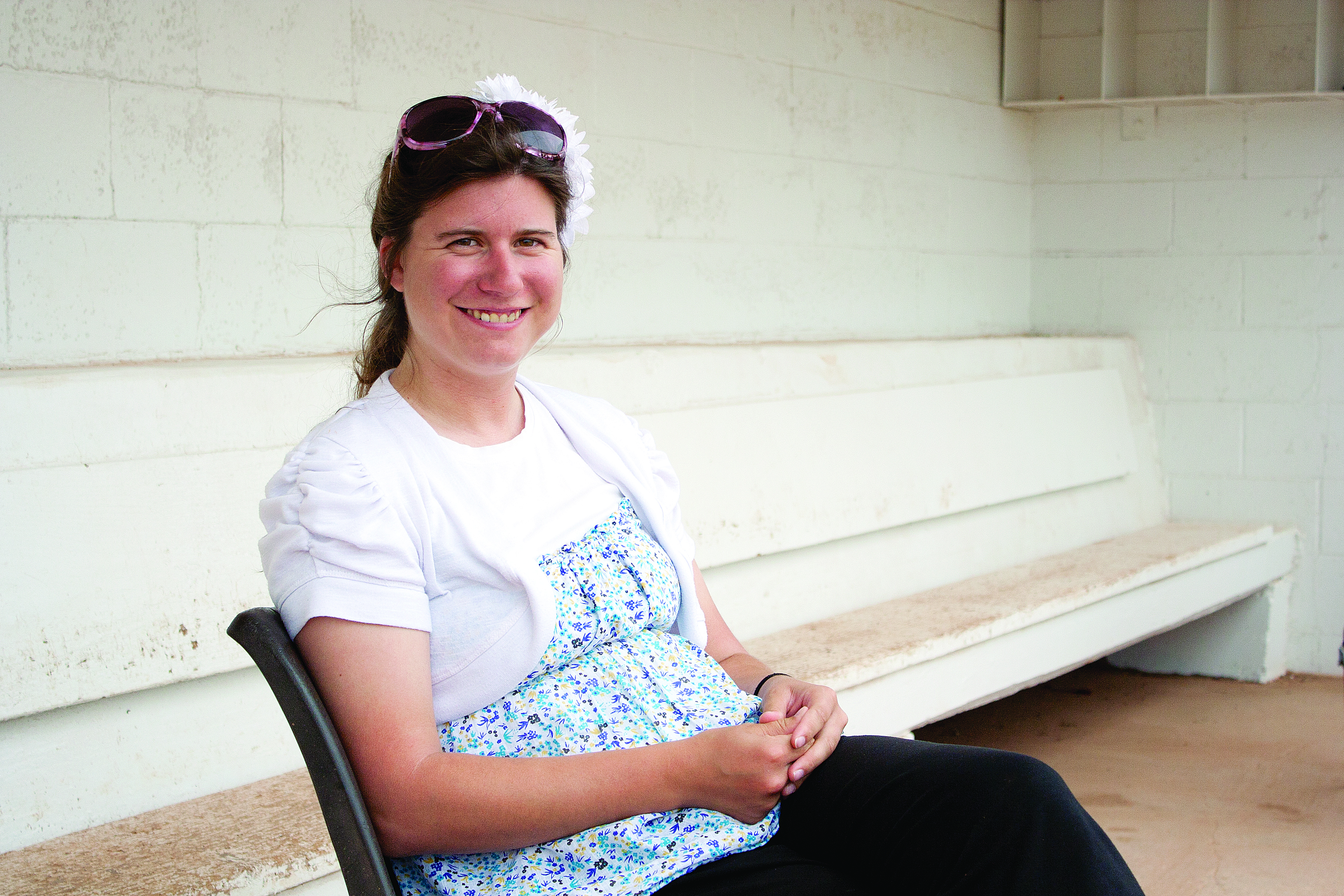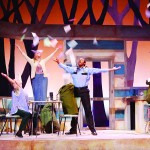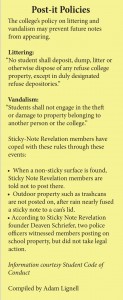By Mackenzie Clark
Photos by Advanced Digital Photography students
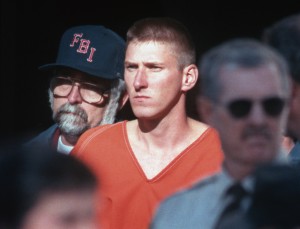
After years of cutting through red tape, Advanced Digital Photography was offered for the first time and three students from the class won League for Innovation awards. Students say this is partially due to the leadership of Craig Sands, adjunct professor, Photography.
Sands didn’t get his start in photography until his second year of college.
“I kind of found it, or it found me,” he said, “and I just had a natural penchant for it, and I’ve just run with it my entire life.”
Sands started in the Art department at Washburn where he was also playing basketball. After an ankle injury ended his athletic career, he studied abroad in Denmark where he said he discovered photography was his calling. Upon his return, he attended the Journalism school at the University of Kansas.
“At KU things just kind of came to fruition,” he said. “I had a wonderful instructor named Gary Mason who I think I can truthfully say didn’t really teach me anything about photography, but he taught me a whole lot about compassion, and taught me about the type of photographer or storyteller I wanted to be.”
Sands did freelance work and internships for many publications including the Kansas City Star, Topeka Capital-Journal and The Baltimore Sun. On a whim, he applied for an internship at National Geographic.

“I really loved Geographic,” he said. “But their lag time between shooting and publication could be months and years, and I was into the immediate gratification of having a front page. I’d experienced that enough that I kept wanting it.”
Eventually he returned to Kansas City to work for the Star again, and later started his own business. The college contacted him twice to see if he was willing to teach here, and he has now been here for over nine years. He said he is very glad the college now offers this new class.
“This Advanced Digital class has been perfect,” he said. “It’s what a lot of students needed to take another step forward.”Sands explained the difference between his Basic class and the Advanced level course.
“In the Intro class I teach [students] how to do all the things the way I do them, which is pretty unconventional compared to the way studios and other photographers might do it,” he said. “I work as a journalist still. I teach them journalism, basically, without making them live by the credo of ‘effect nothing, just record.’”

Sands said that the class has gone well, although completely differently from how he had planned his curriculum.
“I’ve kind of figured out what I want to do with this class just by trial and error, and by throwing out things that I want them to do, and the matter I want them to do, and the professionalism I want them to display,” he said. “And this class has just run with it.”
Sands told his students he is not sure how much he’s taught them, but he has given them opportunities to succeed or fail, and “everybody’s been succeeding fabulously.”
“I’ve been so pleased with this class,” Sands said. “I’ve had everybody embrace what I’ve asked them to do and they, at different levels, have really focused hard on a few things and I’ve had to force them to do a few things. […] It really was gratifying, the League for Innovation.”
Gary Hunsicker, student winner of the League for Innovation award, described learning from Sands as “learning to see.”
“I started taking [Sands’] class off and on a couple years ago,” Hunsicker said. “So I started with the beginning stuff, and he does a very good job of, I think, the big picture. He concentrates on things you should be looking for when you’re trying to compose a shot or you’re trying to figure out what you want to take a picture of, like reflections and shapes.”

Hunsicker partially credits Sands with his victory in the League for Innovation.
“When I printed [the winning photo] he walked in […] and when he saw them on the table out there he immediately picked it up,” Hunsicker said. “Part of it is his eye, because I probably wouldn’t have picked that one.”
Contact Mackenzie Clark, editor-in-chief, at mclark68@jccc.edu.
